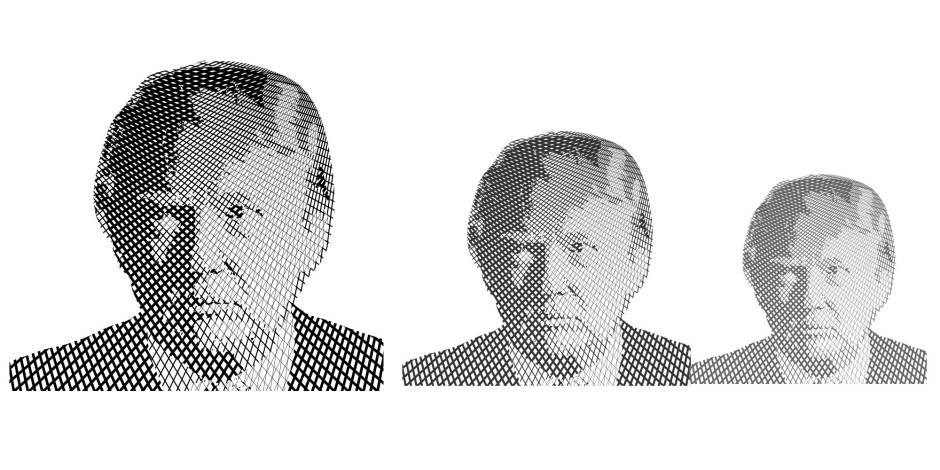Trump’s election should prompt Canada to rethink its complicity with U.S. mass surveillance
Do Trump's pronouncements on issues of online privacy, surveillance, and net neutrality send a shiver down your spine? It might be a wake up call for Canada.
This piece by our David Christopher was originally published by Rabble and Common Ground magazine.
President-elect Donald Trump. It’s still a phrase that takes some getting used to. Trump’s pronouncements on issues of online privacy, surveillance, and net neutrality — among many other topics — should send a shiver down the spine of anyone who cares about preserving basic democratic freedoms in a digital age.
For Canadians these concerns strike particularly close to home. Already, federal government ministers are grappling with the implications of the impending Trump presidency and, for Public Safety Minister Ralph Goodale and Justice Minister Jody Wilson-Raybould, these implications are especially profound.
For many years Canada’s spy agencies have worked extremely closely with their U.S. counterparts, not least as part of the decades-old ‘Five Eyes’ surveillance alliance between the U.S., U.K., Canada, Australia, and New Zealand. This cooperation is so tight that over the years the ‘Five Eyes’ have evolved into what whistleblower Edward Snowden describes as “a supranational intelligence organization that doesn’t answer to the laws of its own countries.”
Re-read that last sentence, and juxtapose it with the words “President-elect Donald Trump” – it should be clear to all Canadians that it’s not just our southern neighbours who have a huge problem on their hands.
We have only to look to Trump’s own words to gauge the likely trajectory of his presidency and its impacts on our freedoms. Trump’s public statements reveal a man who advocates torture, who muses about using presidential powers to punish his political enemies, who proposes a dramatic expansion of surveillance powers, and who wants to unleash his security forces on peaceful groups such as Black Lives Matter.
No matter what your political stripes, we should fear the consequences of his approach. We know all too well from cases such as that of Maher Arar that terrible human consequences flow from handing over the private information of innocent Canadians to a U.S. government with little respect for our democratic values or norms.
Nor is this extensive cooperation restricted to the Five Eyes spies. Take the Ontario Provincial Police, which over many years shared large quantities of private, personal information of law-abiding Canadians with their U.S. counterparts who, in turn, passed it along to border agents, resulting in dozens innocent Canadians being refused entry to the U.S. for trivial reasons.
With Trump’s ascension to power imminent, Canada cannot afford to continue allowing government agencies such as CSIS, the CSE, and the RCMP to routinely hand over our private information to the U.S. government.
Ministers Goodale and Wilson-Raybould should be working to protect Canadians – starting by making all future cooperation with U.S. spy agencies contingent on U.S. compliance with international human rights principles. At a minimum, that means ending all programs of suspicionless online spying, including the bulk collection of metadata. No Canadian should need to worry about being placed under a microscope by spy agencies answerable only to Donald Trump.
Above all, it’s past time for a complete rethink of how Canadian agencies engage with their U.S. counterparts. Rather than being complicit in the machinery of U.S.-led mass surveillance, our government needs to set a new course designed to protect the security of all Canadians from Trump’s powerful and unaccountable spy apparatus.



 Take action now!
Take action now!
 Sign up to be in the loop
Sign up to be in the loop
 Donate to support our work
Donate to support our work